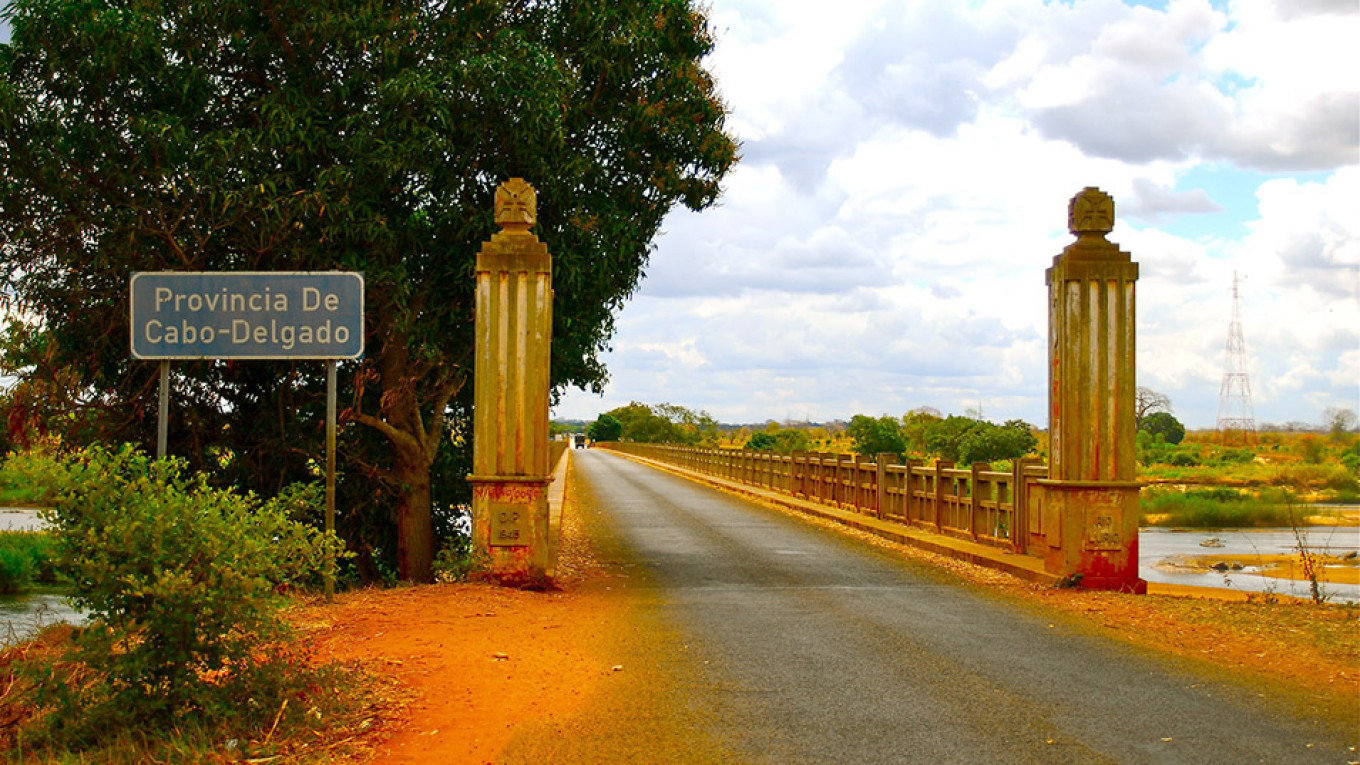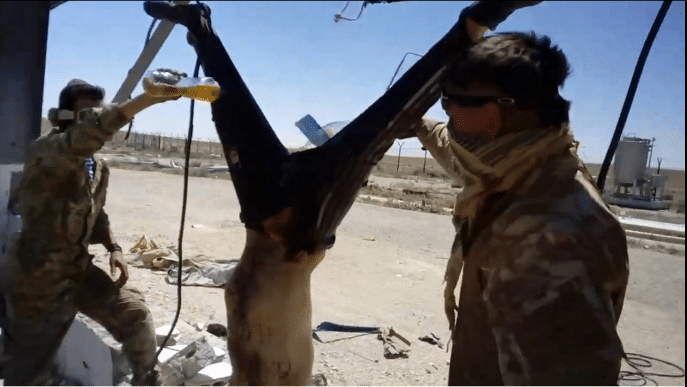Wagner kicked out of Mozambique due to fierce competition

The political risk analysis firm Global Risk Insights (GRI) analyses the risks and opportunities linked to competition among mercenaries. The issue is illustrated by the example of Mozambique, a country from which the Wagner Group had to withdraw.
As GRI puts it, to many PMC are in competition in Mozambique. One can witness several PMCs involved in the same operations. An analysis of their methods and capabilities can bring value and especially help us understand the contribution of PMCs to national security when facing a crisis.
One major criticism, which is confirmed by GRI, is that PMCs have difficulties cooperating with local conventional forces and that they often fail at offering good training. Moreover, their efficiency decreases when having to collaborate with competitors, as it is the case in Mozambique. PMCs being secretive, they tend to hide their methods, training and equipment from their customers, local forces and other security companies.
Mozambique received offers from PMCs such as OAM and Black Hawk and finally chose their cheaper competitor, the Russian PMC Wagner Group. According to interviews, Wagner Group could have been up to 15 times cheaper than the other companies. Of course, the mercenaries deployed were not nearly as experienced and knowledgeable about the local environment as the competitors.
After the withdrawal of the Wagner Group, the Mozambican government awarded a contract to another PMC, ‘Dyck Advisory Group’ (DAG). Unlike its Russian competitor, the company provided thorough training and made use of its experience in the region. Also, the company specializes in air support, which differs from Wagner’s approach – the latter offers services in about every domain, without being particularly qualified in any of them.
In parallel with the contract with DAG, Mozambique accepted an offer from the Paramount Group. This technology and aerospace company offers equipment and training. It does not provide any mercenaries or personnel to directly fight in the conflict.
Using competitors for the came capabilities in the same conflict has shown to be ineffective. The Wagner Group and other PMCs have provided similar materials several times. Most important, relying solely on their training has made the local forces dependent on outsourcing. One can look forward to foreign governments taking a more active role, in order to help the Mozambican armer forces being completely independent from foreign PMCs.





